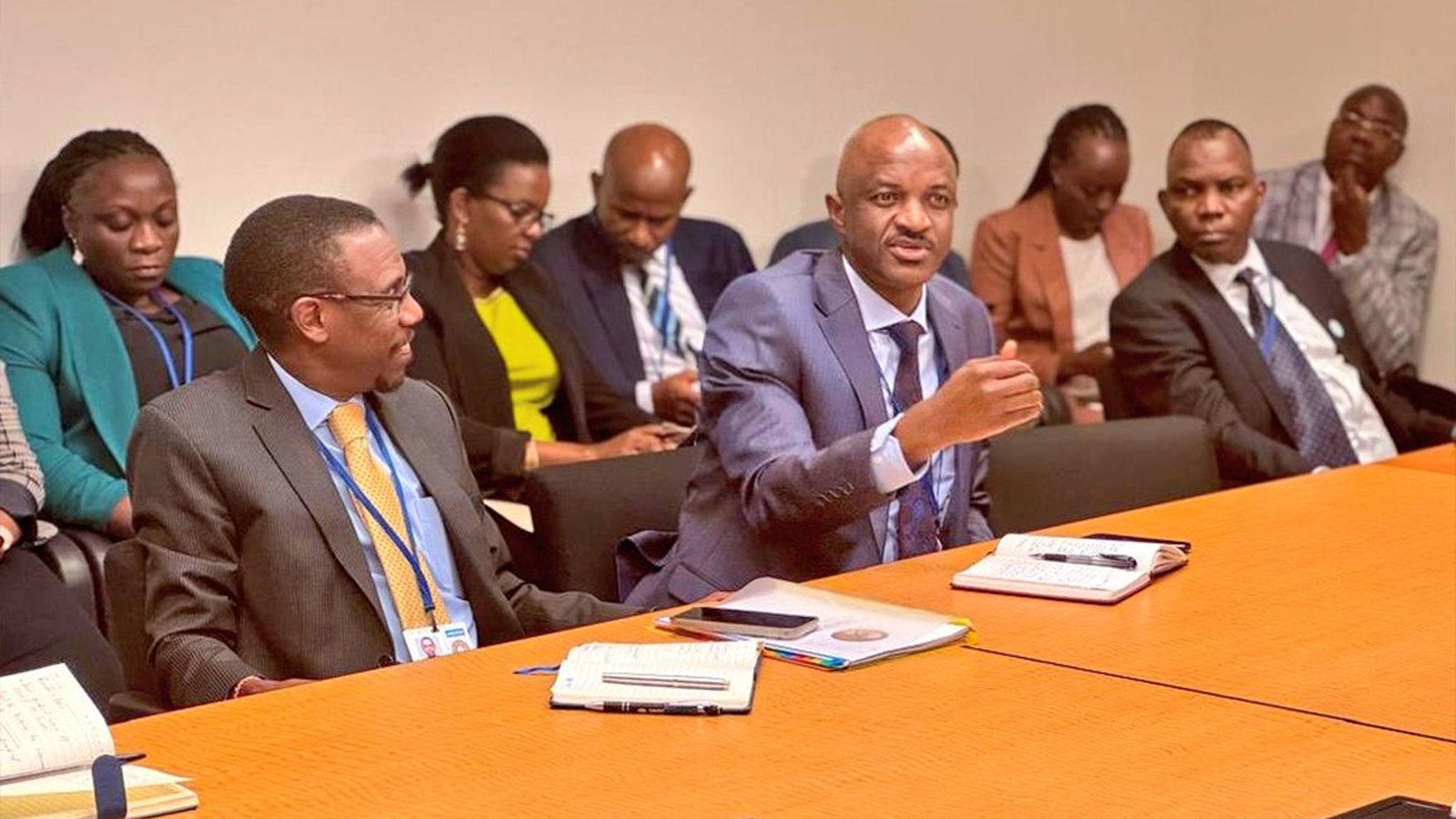Uganda is set to receive over $2 billion in new concessional financing from the World Bank over the next three financial years to support major national development projects, the Permanent Secretary and Secretary to the Treasury, Ramathan Ggoobi, has announced.
Ggoobi made the revelation in a statement following the conclusion of the 2025 International Monetary Fund (IMF) and World Bank Annual Meetings held in Washington D.C.
He said the World Bank had renewed its commitment to Uganda’s development agenda, bringing the country’s total current investment portfolio to $4.9 billion.
Latest
A Friend of Uganda’: Lawmakers Honor Raila Odinga’s Legacy
Democratic Front to Cover Nomination Fees for Parliamentary Aspirants
Uganda, Indonesia Pledge Stronger Cooperation in Trade, Minerals, and Education
Ssenyonyi Condemns Security Bias, Mao Demands Evidence in Election Law Abuse Claims
Uganda Embassy Clarifies: Abbey Mwesigwa Is Not Ugandan
NUP Picks Florence Asio To Face Anita Among for Bukedea Woman MP Seat After Rival Disqualifications
Kenyan Businesswoman Charged in $255,000 Gold Scam
FDC’s Fungaroo Says NRM Still Counting Gaps, Not Gains, in Northern Uganda
Ruto Hails Raila Odinga as a Pillar of Kenya’s Democracy
Embrace “Power of Persuasion,” Not Money — Rev. Kodia Pays Tribute to Raila Odinga
The new financing, he said, will be directed towards projects in roads and bridges, electricity transmission and last-mile distribution, regional city infrastructure, schools, agriculture, IT, water and irrigation, export guarantee schemes, skilling, and social protection.
“The World Bank is now focused more on unlocking the power of the private sector to create jobs,” Ggoobi said, noting that development is no longer viewed merely as project implementation but as enabling sustainable growth.
He added that the International Finance Corporation (IFC), the private sector arm of the World Bank, will extend patient capital to investors in key sectors such as minerals, renewable energy, agro-industrialization, science and innovation, and will also co-invest with government in state-owned enterprises.
Ggoobi also confirmed that Uganda is in advanced negotiations with the IMF for a new Extended Credit Facility (ECF) program to begin after the 2026 general elections.
“Key reforms we are targeting include increasing domestic revenue collection, improving budgeting to stamp out budget games and supplementary budgets, and further strengthening the financial sector,” he explained.
According to Ggoobi, the World Bank has committed to support Uganda’s Tenfold Growth Strategy, focusing on investments in Agriculture, Tourism, Minerals, and Science (ATMS) and their enablers, while the IMF will help maintain macroeconomic stability.
He commended the IMF for recognizing Uganda as one of the fastest-growing economies in Africa, emphasizing that the country’s macroeconomic indicators remain stable.
“The Fund has continued to rank Uganda among the fastest-growing economies in Africa, and by extension in the world. Our macroeconomy is stable,” Ggoobi said.
The 2025 IMF/World Bank Annual Meetings brought together global policymakers to discuss economic resilience, growth financing, and sustainable development amid evolving global dynamics.





